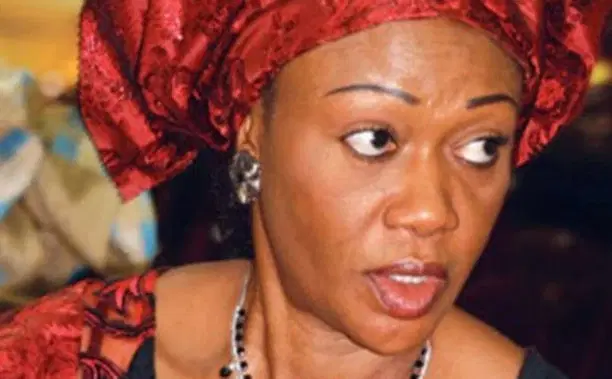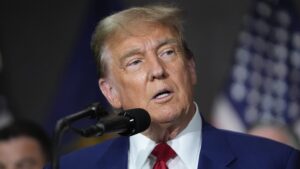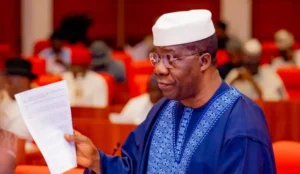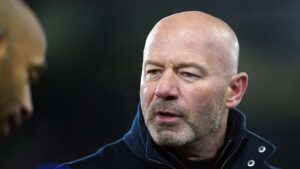Recently, Nigeria held a national prayer event led by the First Lady, Oluremi Tinubu, and National Security Adviser, Malam Nuhu Ribadu, to seek divine intervention for the country’s ongoing economic struggles. The prayer gathering, which took place at the National Mosque and the National Ecumenical Centre, aimed to unite citizens in the hope that prayer could help overcome Nigeria’s economic hardships, insecurity, and rising cost of living.
However, this initiative has sparked a wave of frustration and criticism from Nigerians, who feel that prayer alone is not enough to address the serious issues facing the country. Citizens are questioning whether the government will take real action after the prayer sessions or whether they will continue to ignore their responsibilities.
Many Nigerians argue that prayer should not replace action. Abdul Ishaku, a panel beater in Jos, pointed out that while prayer is important, it’s essential for the government to create an environment that supports farmers, addresses security issues, and lowers the price of essential goods like petrol. Others, like Ezekiel Atang, are frustrated by what they see as an attempt to shift the blame onto divine intervention instead of addressing the country’s political and economic problems directly.
Critics also accuse the government of using prayer to distract the public from its lack of effective leadership. Gloria Yakubu and Joshua Edache argue that leaders who ignore corruption and fail to make necessary reforms cannot expect God to fix the country’s issues. They believe that for prayers to be effective, the government must first show sincerity by tackling corruption and improving the lives of ordinary Nigerians.
The Middle Belt Forum (MBF) added that Nigeria already possesses the resources and talent to address its problems, but poor governance and over-taxation are holding the country back. They stress that prayer is not the solution—what’s needed is a shift towards production, job creation, and sound economic policies that can help the country grow.
Even prominent figures like Professor Gbade Ojo and Archbishop Raphael Opoko criticize the idea of using prayer as a quick fix for Nigeria’s complex challenges. They argue that prayer without accompanying action, such as addressing infrastructure issues or restoring oil subsidies, is unlikely to bring about the needed change.
Instead of focusing solely on prayer, many Nigerians believe the government must take responsibility and act decisively to solve the nation’s problems. They emphasize that other countries have thrived by focusing on hard work, innovation, and effective governance, not just religious practices.
In conclusion, while prayer is a vital part of many Nigerians’ lives, the country’s economic problems require real, practical solutions. Citizens are calling on the government to step up and create a favorable environment for economic recovery. The hope is that leaders will combine faith with action, addressing corruption, improving security, and making the necessary reforms to lead Nigeria to a better future.






